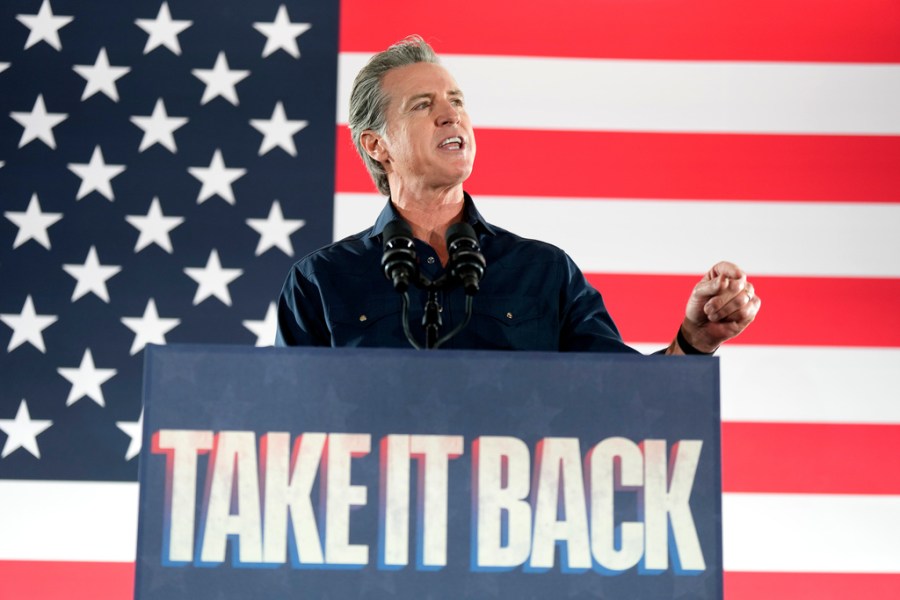The Trump administration is taking a well-earned victory lap after successfully delaying a carbon tax on the shipping and logistics industry at a United Nations meeting in London last month.
“The U.S. achieved a diplomatic victory and successfully rallied a coalition to stop the body’s proposed ‘net-zero framework,’” wrote Secretary of State Marco Rubio about the effort to delay by one year a proposal to implement new climate rules at the International Maritime Organization.
Our diplomats are right to celebrate Americans being shielded from new taxes on their energy consumption coming from abroad, but right here at home, new costs are being folded into household energy budgets every day. Anyone with a gas tank to fill or house to heat is feeling it.
For the last decade in local courts, municipalities and states have waged their own legal battles against American energy providers to extract massive settlements over their alleged failure to acknowledge culpability in global climate change.
Most of these lawsuits have been launched by blue cities and states in friendly jurisdictions, banking on judges to link state consumer protection and nuisance laws with global climate change. It is no coincidence that most cases have been launched in places like Colorado, California and Hawaii, and progressive college town enclaves such as Carrboro, N.C., where more sympathetic district judges might allow cases to proceed.
These efforts have been coordinated by well-connected groups of state attorneys generals, university law programs and millions of dollars in funding from philanthropists who believe that climate litigation will help “bankrupt” oil and gas firms. David Bookbinder, a director at the Environmental Integrity Project who formerly was on the legal team in the suit launched against oil firms by the city of Boulder, Colo., recently admitted as much.
For many climate activists who have turned to the courts, the use of tort law is a deliberate attempt to weaponize America’s litigation addiction to further their goals of reining in fossil fuel companies, no matter the cost to consumers. It’s a carbon tax by another name. Research by economist Wayne Winegarden indicates that combining energy lawsuits seeking damages at (a conservative) $100 billion equates to a 31 cents per gallon price increase for consumers at the pump — meaning an extra $326 per household per year.
We all pay for this. And although a lot of attention has been given to the role that data centers are playing in local debates about energy bills, not enough has been said as to the adverse effect of ideological climate lawfare.
Where does this all end? President Trump has vowed to put an end to the climate lawsuits, but his executive orders can only go so far.
The Supreme Court has so far declined to take up the matter or force disputes to federal courts, but Congress has made its opinion known. A recent amicus brief filed by Republicans in County Commissioners of Boulder County. v. Suncor Energy argues the court should recognize lawmakers’ role in regulating emissions and swat away state-level attempts at punishing oil and gas firms for climate change.
If that brief ends up convincing members of the high bench, it will be to the advantage of American consumers, who depend on affordable energy to power their lives. If these lawsuits can continue unabated, there is no telling what the economic consequences will be. At the very least they cause a slow, almost invisible drag on the economy.
Whatever happens, Americans need to know that backdoor carbon taxes and shakedown schemes are being cooked up regularly by international bureaucrats in faraway capitals, and many more are brewing here at home, right in our own courts.
Yaël Ossowski covers energy policy and is deputy director at the Consumer Choice Center.














